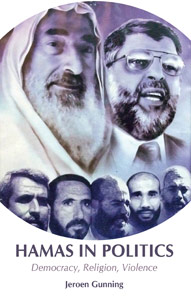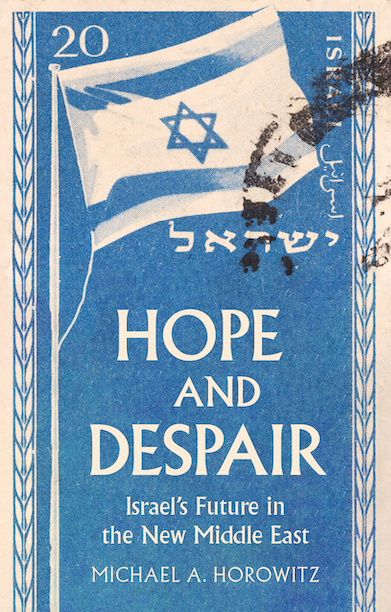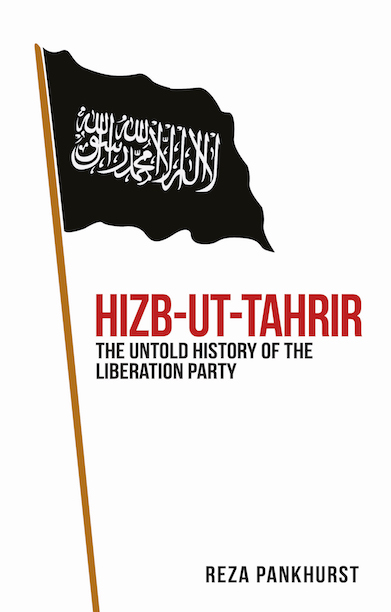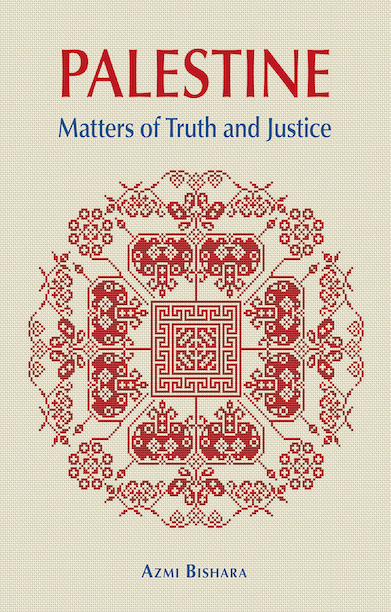Description
In January 2006, Hamas, an organisation classified by Western governments as terrorist, was democratically elected to govern the Palestinian territories. The inherent contradictions in this situation have left many analysts at a loss. Hamas uses terror tactics against Israel, yet runs on a law and order ticket in Palestinian elections; it pursues an Islamic state, yet holds internal elections; it campaigns for shar’iah law, yet its leaders are predominantly secular professionals; it calls for the destruction of Israel, yet has reluctantly agreed to honour previous peace agreements.
In Hamas in Politics, Jeroen Gunning challenges the assumption that religion, violence and democracy are inherently incompatible and shows how many of these apparent contradictions flow from the interaction between Hamas’ ideology, its local constituency and the nature of politics in Israel/Palestine. Drawing on interviews with members of Hamas and its critics, and a decade of close observation of the group, he offers a penetrating analysis of Hamas’ own understanding of its ideology and in particular the tension between its dual commitment to ‘God’ and ‘the people’. The book explores what Hamas’ political practice says about its attitude towards democracy, religion and violence, providing a unique examination of the movement’s internal organisation, how its leaders are selected and how decisions are made.
Reviews
‘An exemplary political primer on the Islamist party’s evolution, structure and though’. –– New York Review of Books
‘This thoughtful book deserves a wide readership’. –– Times Literary Supplement
Editor(s)
Jeroen Gunning is Professor of Middle Eastern Politics and Conflict Studies at the Institute of Middle Eastern Studies, King's College London. He is one of the world’s leading scholars on Hamas politics and a founder of the field of critical terrorism studies. Jeroen has advised both policy-makers and civil society organisations. His last book, Why Occupy a Square?, was published by Hurst/Oxford University Press in 2013-14.






